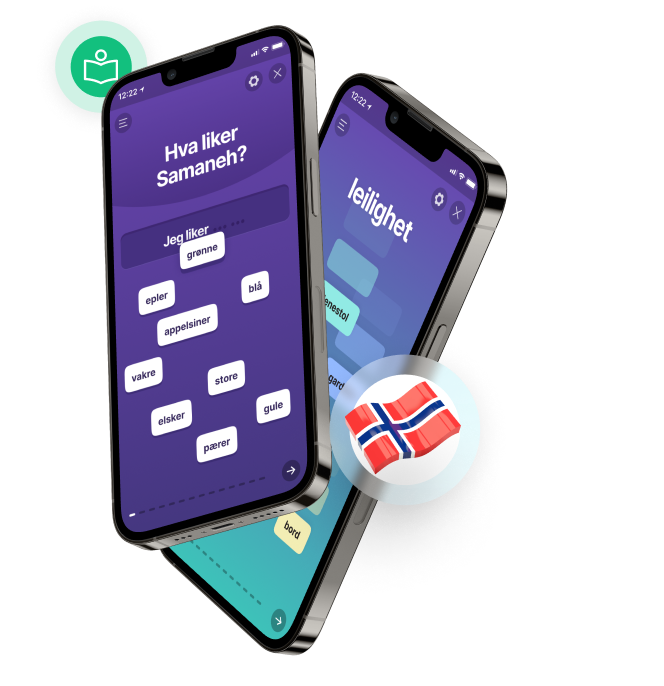How to be polite in Norway
Norwegian politeness
This video gives you seven dos and don’ts for behaving politely in Norway and words and expressions for speaking politely in Norwegian.
Les mer om høflighet på norsk
Transcript
Yes, there is a way for Norwegians to be polite too.
However, we have our own way of being polite. There’s the awkward and theatrical way of being polite, and there’s the common, egalitarian way of being polite.
In this video, I will cover 7 dos and don’ts for behaving politely in Norway and words and expressions for speaking politely in Norwegian.
Before we begin, please remember: We have an egalitarian culture in Norway.
For example, we never use titles as Herr or Fru (Mr and Mrs), and we never address people by professional titles, such as doctor or professor.
Hey, we don’t even have any words for sir or madam.
It is perfectly okay to address people by their first name, even if you don't know them.
And if we don’t know them, we just say ´du´ (you).
So, unless you’re a member of the royal family, be prepared to respond (and not be offended) when someone says:
Hei, du!
So how do WE Norwegians express politeness?
Well, first of all it is about being aware and conscientious of those around you.
Here are a seven dos and donts on how to make sure you are don’t come across as rude in Norway:
1. Treat people as your peers
2. Do not brag.
3. Respect other people’s time.
4. Obey the traffic regulations.
5. Don’t speak loudly.
6. Respect personal space.
7. Avoid discussing religion.
Takk (thank you)
In Norway we use takk on many different occasions.
takk for maten
thank you for the food
This is mandatory if you’ve been served food.
takk for sist
It literally means thank you for the last time. But the sense is that I remember the last time we met and I appreciated it. You can say this when you meet somebody again after week or more.
takk, i like måte
thank you, likewise
It is a good response to a general compliment or when someone wishes you well.
takk som byr
thank you who’s offering
A bit formal expression you can use when someone’s offering you something to eat or drink. It means yes, please.
takk, det var snilt av deg
thank you, that was kind of you
You can say that when someone does a service.
tusen takk
a thousand thanks or many thanks
takk skal du ha
you shall receive thanks
It sounds formal when you translate it to English, but it is very common in Norwegian. It means just thank you.
takk, takk
thank you, thank you
It can also be nice alternative to please.
And then there’s the polite way of accepting or rejecting an offer:
Nei, takk – no thanks
Ja, takk – yes please
And here are some other words you cannot get by without:
unnskyld
I’m sorry or excuse me
beklager
I’m sorry or I beg your pardon
Beklager and unnskyld are used in similar situations and both can be used for “I’m sorry”. But beklager is more formal and serious than unnskyld.
Dessverre
unfortunately
vær så god
vær så god is difficult to translate. You can say this when you give someone a gift, or pass the salt. The casual meaning is 'here it is' or 'take it'.
It is also used as a reply to 'thank you' - like 'don't mention it'
And finally, we have
Vær så snill
Which means please. But don’t use it as please in English. It is formal and we use it only when we are seriously pleading for something.
That’s it for now!
I’m sure you’ve been shocked by the Norwegian bluntness. So please share what you have experienced with Norwegians in the comments below.
I’d love to hear it!
Takk og på gjensyn!
Would you like to learn more Norwegian?
Sign up today and learn Norwegian with our game-based online language course «Samanehs reise», from beginner level to fluent speaker!
From NOK 375 per måned



